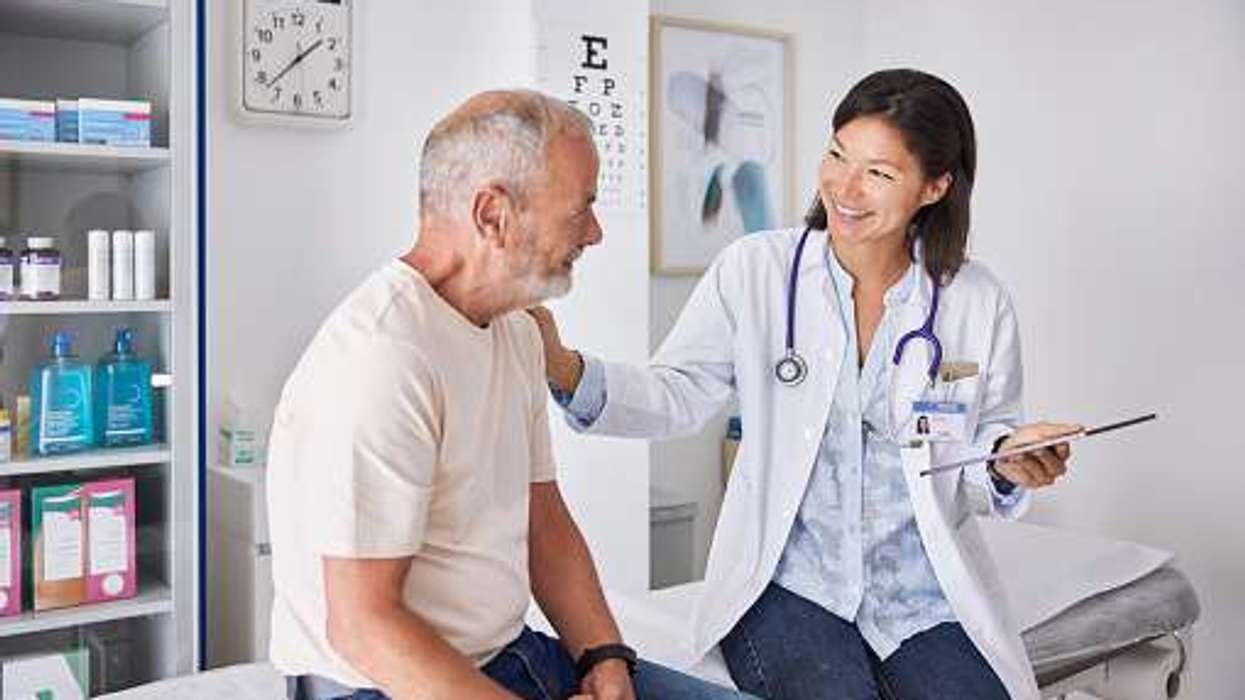A study by scientists in a UK university has shown the scale of the prevalence of a condition that can lead to various cardiometabolic diseases.
The study published in the Annals of Internal Medicine journal on Tuesday (January 4) has prompted calls for changes to healthcare policy after researchers revealed, for the first time, the scale of the impact of the condition associated with benign tumors that can lead to type 2 diabetes and high blood pressure.
Up to 10 per cent of adults have a benign tumour, or lump, known as an 'adrenal incidentaloma' in their adrenal glands which can be associated with the overproduction of hormones including the stress steroid hormone cortisol that can lead to type 2 diabetes and high blood pressure.
Previous small studies suggested that one in three adrenal incidentalomas produce excess cortisol, a condition called mild autonomous cortisol secretion (MACS).
An international research team led by the University of Birmingham carried out the largest ever prospective study of over 1,305 patients with adrenal incidentalomas to assess their risk of high blood pressure and type 2 diabetes and their cortisol production by comparing patients with and without MACS.
The study was also the first to undertake a detailed analysis of the steroid hormone production in patients by analysing cortisol and related hormones by mass spectrometry in the 24-hour urine samples they collected.
Their study findings showed that MACS is much more prevalent than previously reported: with almost every second patient in the study with an adrenal incidentaloma having MACS.
Notably, 70 per cent of patients with MACS were women and most of them were of postmenopausal age (aged over 50). Following their findings, the researchers estimated that up to 1.3 million adults in the UK could have MACS.
Considering that around two out of three of these patients are women, MACS is potentially a key contributor to women's metabolic health, in particular in women after menopause.
The first author Dr Alessandro Prete, of the University of Birmingham's Institute of Metabolism and Systems Research, said: "Compared to those without MACS, we observed that patients with MACS were more likely to be diagnosed with high blood pressure and to require three or more tablets to achieve an adequate blood pressure control.
When we looked at patients with a diagnosis of type 2 diabetes, those with MACS were twice more likely to be treated with insulin, indicating that other medications haven't helped manage their blood sugar levels.
In conclusion, our study found that MACS is very frequent and is an important risk condition for high blood pressure and type 2 diabetes, especially in older women, and the impact of MACS on high blood pressure and type 2 diabetes risk has been underestimated until now."
Senior author Professor Wiebke Arlt, director of the University of Birmingham's Institute of Metabolism and Systems Research, said: "Previous studies suggested that MACS is associated with poor health. However, our study is the largest ever study to establish conclusively the extent of the risk and severity of high blood pressure and type 2 diabetes in patients with MACS.
"Our hope is that this research will put a spotlight on this condition and increase awareness of its impact on health. We advocate that all patients who are found to carry an adrenal incidentaloma are tested for MACS and have their blood pressure and glucose levels measured regularly."
The study was funded by Diabetes UK, the European Commission, the Medical Research Council, and the Claire Khan Trust Fund at University Hospitals Birmingham Charity.











